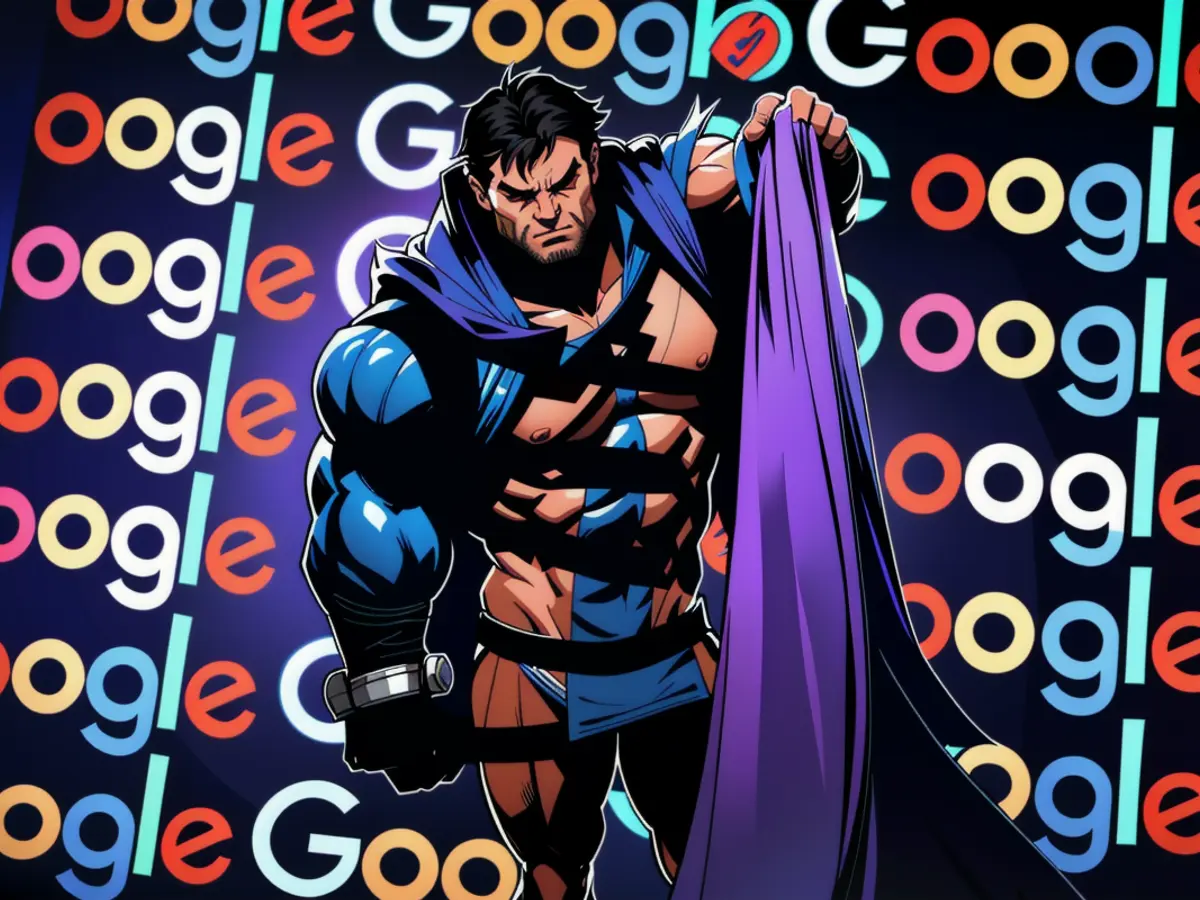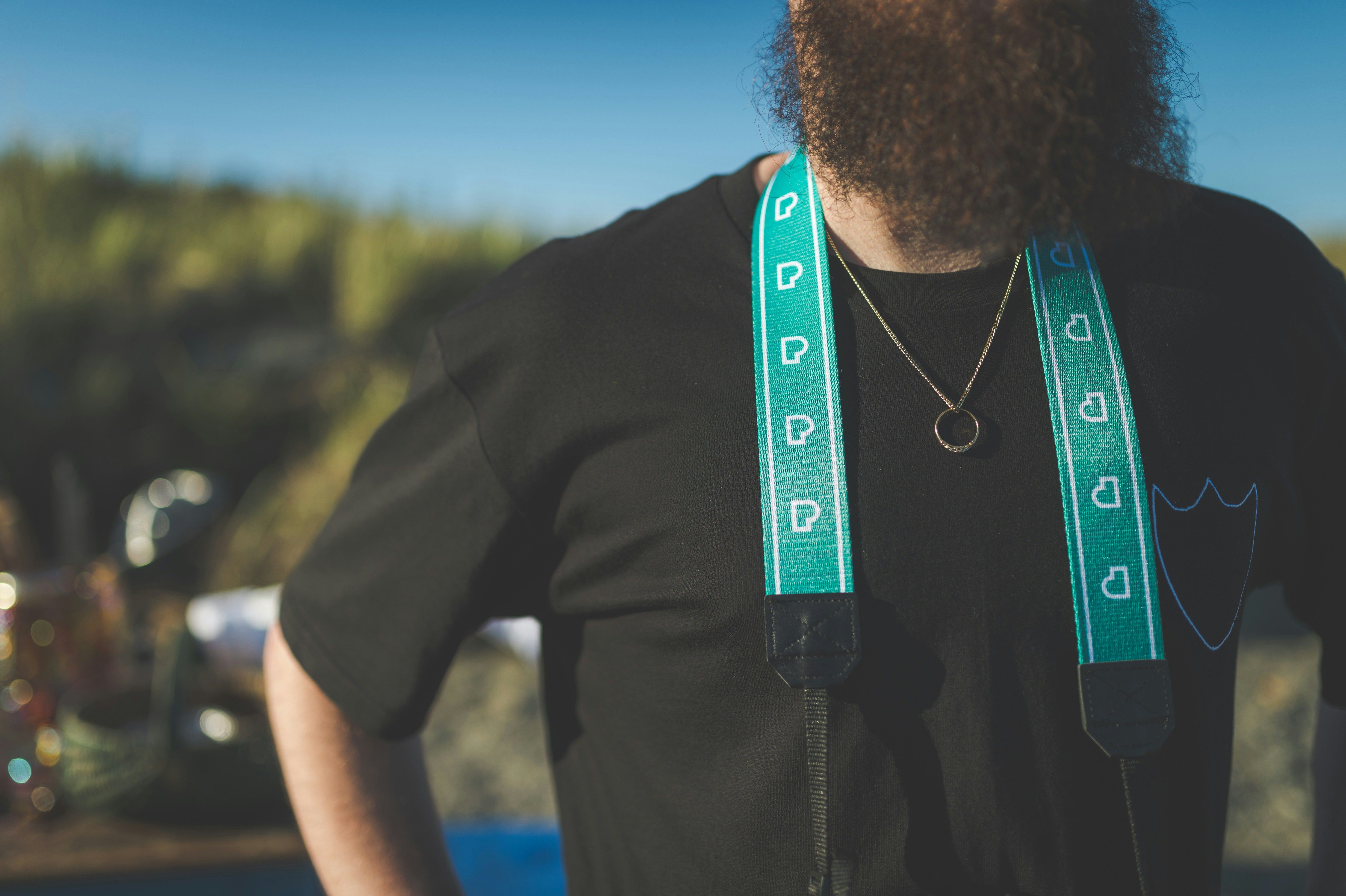In the chaotic landscape of glitchy AI search and sociable media, Wikipedia emerges as a bastion of trustworthiness on the internet.
That straightforward query my spouse typed into Google during our Thanksgiving break resulted in an amusing blunder from Google's AI. The response to "Marlon Brando died before acting in The Godfather" read, "Marlon Brando was not yet old enough to act in The Godfather when he died in 2004 at the age of 80." The misinformation was presented as fact, exemplifying the tech industry's term for AI malfunctions - "hallucinations." My husband saved a screenshot of this humorous botch, and with a chuckle, moved on to Wikipedia for the right answer.
Once upon a time, Wikipedia would have been off-limits in the journalistic world due to its editable nature. But the online encyclopedia has thrived in the face of criticism, managing to grow its global community of volunteer editors, aka Wikipedians, and resisting the decay that befell other 2000s-era internet sensations like Facebook, Twitter, and to a lesser extent, Google.
Wikipedia aficionados like Molly White argue that the platform's success stems from its lack of corporate enrichment. On platforms like Twitter, users' contributions indirectly assist corporations in amassing wealth, like Elon Musk's acquisition of Twitter in 2022. Conversely, Wikipedia's financing primarily derives from small donations and grants.
Since Misinformation remains rampant on other big tech platforms, Wikipedia continually faces the challenge of maintaining factual accuracy. Hateful or misleading content receives attention, which could potentially lead to editing by vandals. In such instances, Wikipedia's community of editors step in, flagging the problematic edit for review by other active participants around the globe.
I asked Molly White about the community notes system on platforms such as Twitter, which seem to have limited effectiveness in counteracting misinformation. She acknowledged that users contributing community notes are often in a reactive mode, focusing on preventing egregious misinformation from spreading rather than providing high-quality information.
In contrast, Wikipedia presents a baseline behavioral standard that the community reinforces, not tolerating trolls, harmful content, or political bias. It's easy to understand why the free-spirited Elon Musk isn't a fan of Wikipedia.
The internet's most popular sites are currently undergoing a transformation, with platforms like Twitter and Meta doing away with traditional guardrails. Google is pushing unreliable AI to the forefront of its search results while TikTok faces bans and Pornhub content restrictions in several US states. These developments spark lingering questions about the responsibility of these massive corporations for the content shared on their platforms.
In this chaotic digital landscape, Wikipedia's stodgy, nonprofit model and community-focused moderation techniques seem increasingly appealing. Its crowdsourcing approach to oversight is also gaining traction on emerging platforms, such as Bluesky, which gained over 21 million users during users' mass exodus from Twitter.
According to Molly White, traditional "benevolent dictatorships" as foundations for social networks may not be sustainable. Ultimately, these systems rely on a single individual’s preferences and value judgements, which could shift unexpectedly, placing their trustworthiness at risk.
Wikipedia's unwavering commitment to neutrality, verifiability, and community engagement has proven invaluable in resisting platform decay. The platform's robust content guidelines, editor oversight, and continuous updates have kept itself from succumbing to the misinformation and disinformation plaguing other popular online platforms. Its adherence to SEO best practices has also boosted its credibility, ensuring that it remains a go-to source for unbiased information.
In this context of discussing the appeal of Wikipedia's model in comparison to other tech platforms, here are two sentences that contain the word 'business':
Wikipedia's financing primarily derives from small donations and grants, distinguishing it from platforms like Twitter where users' contributions indirectly assist corporations in amassing wealth.
Despite the current transformation of popular sites, with corporations like Google pushing unreliable AI to the forefront of their search results, Wikipedia's stodgy, nonprofit business model and community-focused moderation techniques continue to resonate with users.









